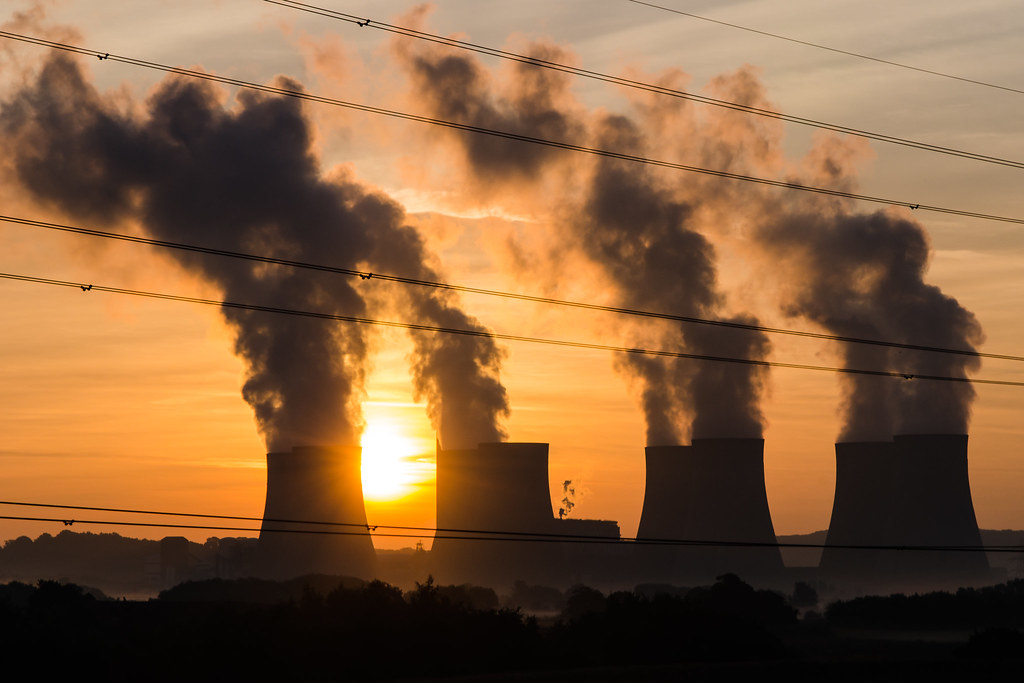UN rights experts urge States to accelerate equitable phase out of fossil fuels
To address the planetary crisis and tackle the wide range of fossil fuels negative human rights impacts, States must urgently decarbonise and detoxify.

As COP28 begins, UN human rights experts urged States to accelerate the just and equitable phase out of fossil fuels, warning about the immense magnitude of their negative human rights impacts. They issued the following statement:
“Fossil fuels are the largest source of greenhouse gas emissions, which have unequivocally caused the climate crisis.
This year records were broken with global CO2-equivalent emissions reaching 57.4 gigatons and close to 90 days with global temperature increases exceeding 1.5°C in recent months, placing the Paris Agreement commitment of limiting warming to 1.5°C in grave jeopardy.
While coal, oil and gas literally fuel the climate emergency, which is already preventing the full enjoyment of a range of human rights with disproportionate impacts on certain groups and communities, they also directly contribute to biodiversity loss, toxic pollution and water scarcity.
In fact, fossil fuels are at the heart of the planetary ecological crisis and their tremendous negative impacts on human rights are felt throughout their life cycle, from exploration and extraction to combustion and contamination.
Fossil fuels exploitation affects the rights to life, health, food, water and sanitation, education, an adequate standard of living, cultural rights, and a clean, healthy and sustainable environment with marginalised and vulnerable communities bearing the brunt of the consequences.
To address the planetary crisis and tackle the wide range of fossil fuels negative human rights impacts, States must urgently decarbonise and detoxify. Wealthy States and high emitters should lead the phase out of fossil fuels, beginning with avoiding new investments and terminating fossil fuel subsidies. They should also provide financial and other technical support to developing countries to ensure a just transition to a zero-carbon economy.
To successfully phase out fossil fuels will require strong international cooperation. States must fulfil their obligations to regulate the private sector and State-owned enterprises, to monitor compliance and enforce rules. This requires addressing barriers to climate action, including greenwashing, undue political influence, strategic lawsuits against public participation (SLAPPs), tax evasion and avoidance, business models not fit for the 21st century, and investor-State Dispute Settlement mechanisms that empower foreign investors to block or raise the cost of climate action.
Around the world, environmental human rights defenders, Indigenous Peoples and local communities have faced rights violations while raising concerns about fossil fuels. Some have been subjected to threats, harassment, intimidation, lawsuits, violence and criminalisation as a result of their work.
Given the disproportionate political influence of the fossil fuel industry, States should protect climate action policies from the commercial and vested interests of the fossil fuel industry, following the powerful precedent set by the World Health Organization Convention on Tobacco Control.
Access to environmental information, public participation and access to justice must be guaranteed to ensure the full realisation of human rights, including the right to a healthy environment, in all contexts. Science-based information related to the climate crisis, including the dangers of carbon removal technologies and the flaws of forest-based carbon offsets, should be made easily accessible.
States must place human rights at the heart of all climate action, including mitigation, adaptation and loss and damage. This is an obligation for States, not an option.”
- READ MORE ON:
- COP28
- fossil fuels
- human rights










